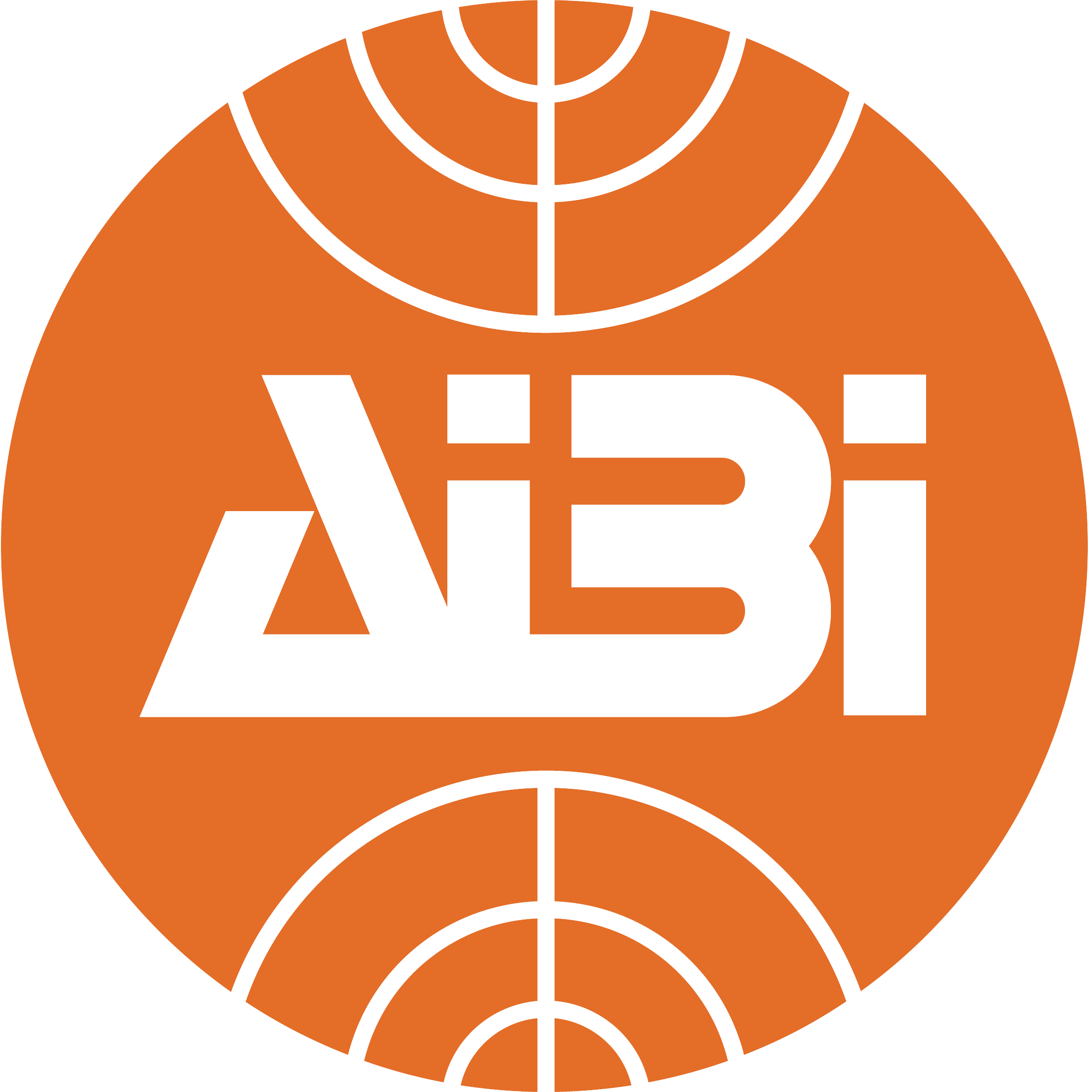The bakery industry is intensifying its sustainable practices
This includes sourcing ingredients from sustainable suppliers, reducing food waste, using environmentally friendly packaging materials, or optimisiong energy use.
As sustainability becomes a key concern for consumers and food chain operators, the industrial bread sector is intensifying its environmentally friendly practices. This includes working on scope 1, 2, and 3, which involves sourcing ingredients from sustainable suppliers, reducing food waste, using eco-friendly packaging materials, and optimizing energy consumption.

Bread has deep cultural roots and is the most fundamental part of EU citizens’ diets. It is poised to play an increasingly important role in the EU’s journey towards a more balanced and sustainable diet. Bread is a basic form of plant consumption that is highly nutritious, resource-efficient, socially acceptable, and economically affordable.
The global bread market is undergoing significant changes driven by consumer preferences and dietary trends. Some of the key trends shaping this market include health and wellness, plant-based options, gluten-free varieties, traditional and artisanal breads, innovation, and sustainability. As consumers seek healthier and more diverse bread options, the market is expected to evolve and adapt. Production and distribution methods are also evolving. One example is the « bake-off » approach, in which products are finished at the point of sale or consumption. This method reduces food spoilage while ensuring quality and freshness for consumers.
Compared to other types of food, bread has a very favourable carbon footprint. Though there is some variation between product types, a loaf of bread’s carbon footprint largely stems from its raw materials, followed by the energy required for processing.


AIBI is a signatory to the EU Code of Conduct on Responsible Food Business and Marketing Practices. This tool, developed jointly by food chain actors and European authorities, provides a framework that supports common aspirational targets and sectoral or individual commitments to transition to a more sustainable food system. AIBI and its members are actively working to reduce the sector’s carbon footprint further. Under this framework, AIBI has embarked on an ambitious project concerning one of its main raw materials: wheat.


Wheat has been identified as a key driver of the carbon footprint of bread. The goal is to transition a significant portion of wheat consumption to low-carbon or regenerative wheat.
The European bakery sector accounts for over 10 million tons of greenhouse gas emissions linked to wheat and wheat flour each year. Through their combined buying power, bakery companies have the opportunity and responsibility to accelerate the adoption of low-carbon wheat. Based on this, a group of CEOs from leading bakery companies, under AIBI’s governance, have prioritized sustainability on the strategic agenda of the bakery industry through the Sustainable Wheat Initiative. This initiative aims to establish a shared vision among the bakery industry, flour millers, and farmers, setting overarching carbon reduction targets and fostering a framework of mutual trust.
As the European bakery sector, we are committed to reducing our wheat and wheat flour emissions by 30% by 2030, compared to 2022 levels, in line with the latest climate science. This represents a gradual shift of conventional wheat and wheat flour volumes to sustainable wheat and wheat flour with a 30% lower carbon footprint per kilogram by 2030.



